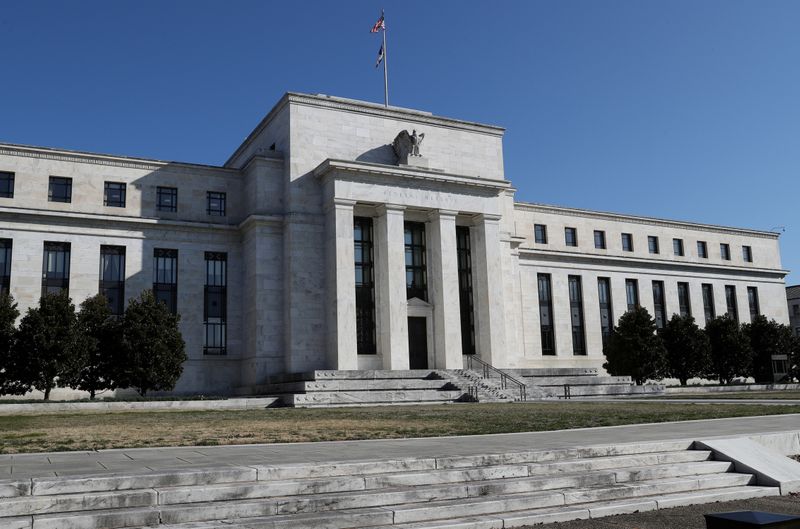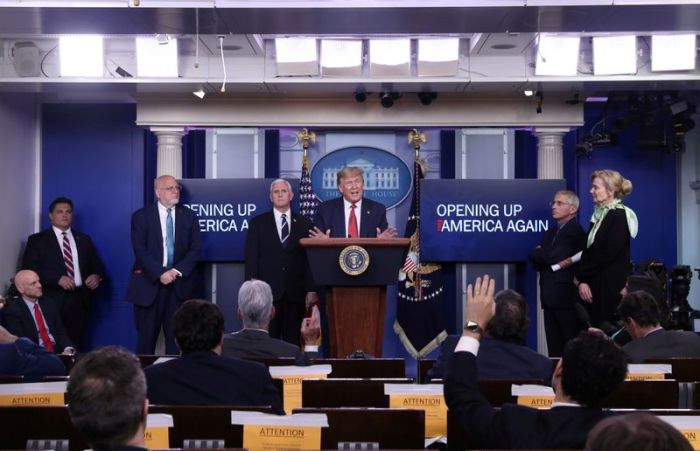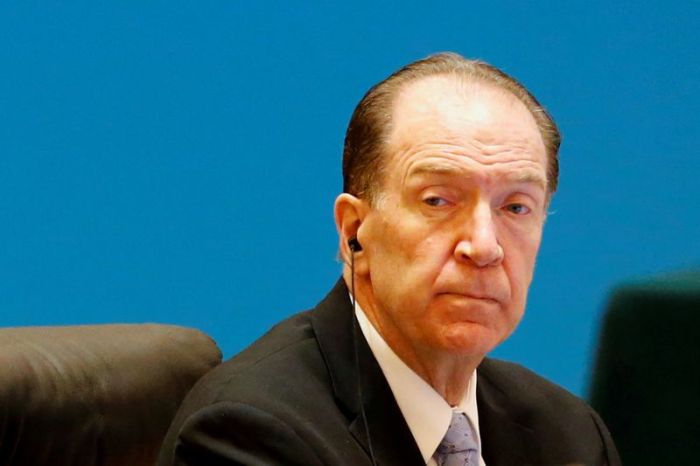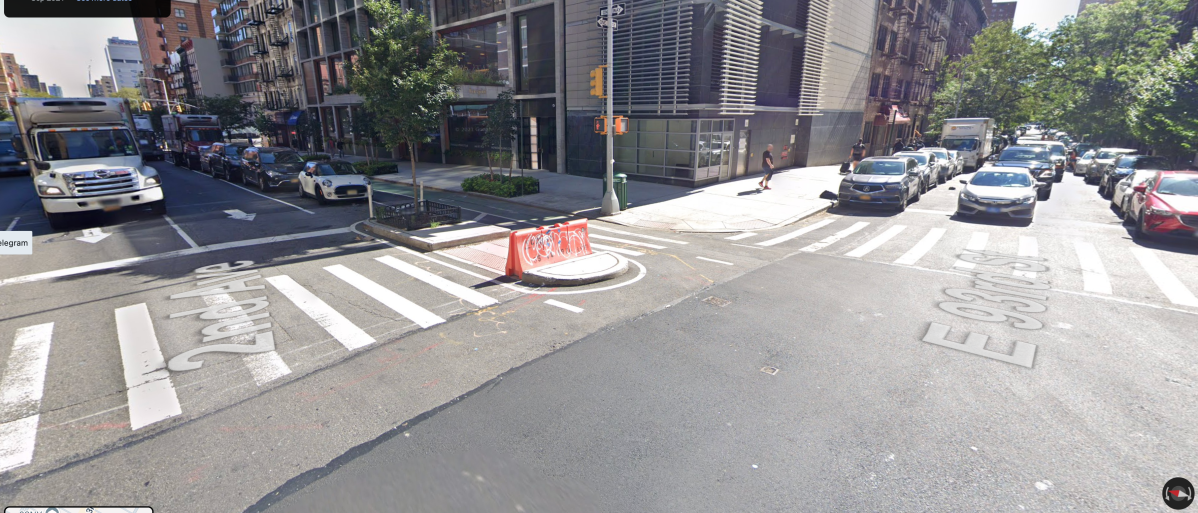(Reuters) – The Federal Reserve responded rapidly to stem losses from a “synchronized global sell-off” to help markets function as investors fled to safety on worries about the coronavirus outbreak, a senior official at the New York Fed said on Friday.
The Fed is moving as quickly as possible to set up new emergency lending facilities to support credit markets and the economy, and its efforts are already helping to stabilize short-term funding markets, said Daleep Singh, head of the markets group at the New York Fed.
“The bottom line here is time is of the essence,” Singh said during a moderated discussion organized by the Money Marketeers of New York University. “The speed and the scale of downside pressure on the economy I think we’d all acknowledge is unprecedented in our lifetimes, so we’re doing whatever we can within our mandate to match that speed and scale.”
Singh said his team is running about 15 operations a day and that the Fed turned to vendors to set up some of the recently launched emergency lending programs so it could move quickly at a time when the market operations handled by staff were already at “record volumes.”
“The ominous reality was that a synchronized global sell-off had taken on a life of its own, with little prospect for self-correction,” said Singh, in his first public remarks since he became head of the markets group at the New York Fed earlier this year.
He recapped the steps the Fed has taken to help companies borrow by supporting the markets for commercial paper, corporate bonds and municipal bonds. The Fed’s efforts helped to stabilize short-term funding markets but some strain remains in the market for commercial paper, he said.
Programs set up by the Fed could be extended beyond the fall if needed to support market functioning, Singh added.
The Fed has partnered with several financial firms, including BlackRock, Pacific Investment Management Company (PIMCO) and State Street to set up some of the new liquidity programs quickly.
Singh said the New York Fed will pay close attention to those working relationships to address potential conflicts of interest and to minimize risks.
“We will proactively identify and address conflicts of interest – real or perceived – for anyone working on the facilities,” he said.
Singh previously worked as a senior partner and chief U.S. economist at SPX Capital. He also worked at the Treasury Department from 2011 to 2017 in financial markets and as deputy assistant secretary for international affairs.
In his remarks on Friday, Singh said the Fed will be transparent by posting information online about eligible borrowers, the terms of the facilities and sharing answers to frequently asked questions.
“We look forward to engaging with our oversight bodies and those appointed under the CARES Act to ensure that the American people understand the steps we are taking on their behalf as faithful stewards of the public trust,” he said.
(Reporting by Jonnelle Marte; Editing by Chizu Nomiyama and Dan Grebler)





















